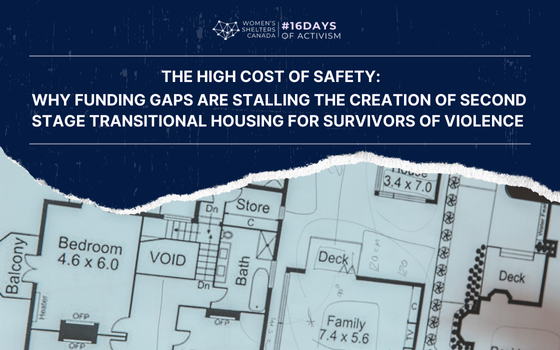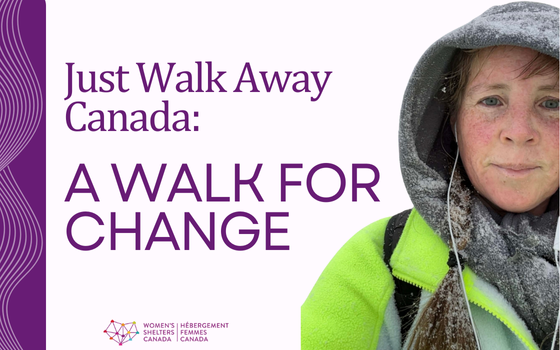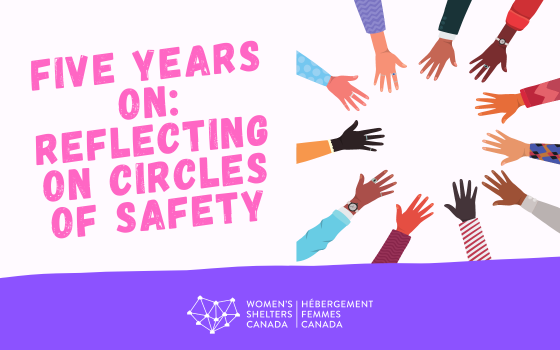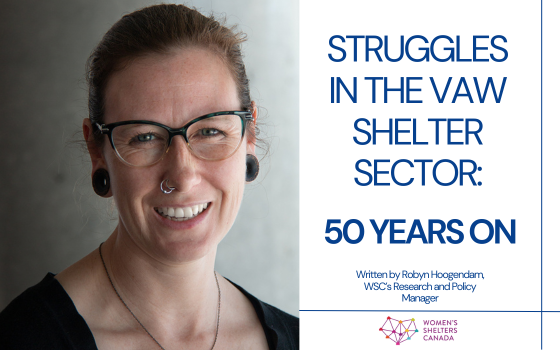 When the social isolation orders began in Canada, we knew women would die. We expected that the rate of women killed by a current or former intimate partner would increase, as it had in other countries.
When the social isolation orders began in Canada, we knew women would die. We expected that the rate of women killed by a current or former intimate partner would increase, as it had in other countries.
But we never expected what happened in Nova Scotia.
We couldn’t predict that another disgruntled straight white man with access to a gun would assault his partner at the start of a bloody rampage that would become Canada’s deadliest modern mass murder.
At the same time, we shouldn’t have been so shocked.
The massacre in Nova Scotia last weekend became Canada’s deadliest. The second and third deadliest also began with an act of misogyny or violence against women. In the Montreal Massacre in 1989, the perpetrator explicitly targeted women and “feminists.” In the Toronto van attack, almost two years ago to the day, the perpetrator was involved in the incel movement and posted to social media shortly before carrying out his crime.
In Nova Scotia, we were hearing unconfirmed reports about a former partner being killed and a current partner being injured, but the authorities were not commenting. For those of us working to end violence against women, it was not surprising that intimate partner violence was involved. We know from the USA that the majority of mass shootings involve violence against a current or former female partner. Women’s Shelters Canada called on the authorities to acknowledge the gendered aspect of the shootings because, “until we acknowledge the role that misogyny and violence against women played in this tragedy, we cannot begin to prevent others like it.”
On Friday, the Nova Scotia RCMP finally confirmed that the perpetrator beat and tied up his current partner on Saturday night, before going on to kill at least 22 other people. This was not part of the RCMP’s initial update but was only revealed after a question from a reporter.
Men have killed women at higher rates during the pandemic around the world. In the UK, they’ve more than doubled. In Canada, a woman is killed by her current or former intimate partner every 5 days. In one week in April, 3 Canadian women were killed. Last week, police put out a Canada-wide warrant for the husband of a woman killed in Winnipeg over Easter weekend. This week, a woman was murdered in Calgary and her partner was charged with manslaughter. Shelters across the country are reporting higher volumes of crisis calls and more severe violence against the women they serve.
We see rainbows on people’s doors and in windows, proclaiming that “we will get through this.” We have massive online concerts to “bring people together” as they “stay at home to save lives.”
But home is not safe for everyone. The children whose mothers have been killed by their fathers during COVID will need immense love and support “to get through this,” and they will be forever changed. These murdered women will not leave quarantine with a new hobby and a better appreciation of the little things. They’re not coming back.
Though we didn’t need yet another reason, the mass murder in Nova Scotia and the increase in domestic violence during COVID-19 shows why Canada desperately needs a robust and well-resourced National Action Plan on Violence Against Women.
As we saw in Nova Scotia, violence against women and intimate partner violence can lead to both women and men being killed. Ending violence against women benefits everyone in society.
Canada needs to show it’s female and non-binary citizens that their lives matter, before, during, and after a global pandemic. That the violence they face every day is a pandemic in its own right. That we actually are all in this together.
If you or someone you know is experiencing violence, you can find your nearest women’s shelter and its crisis line on www.sheltersafe.ca.
* Photo by Sydney Sims on Unsplash






Leave A Comment
You must be logged in to post a comment.